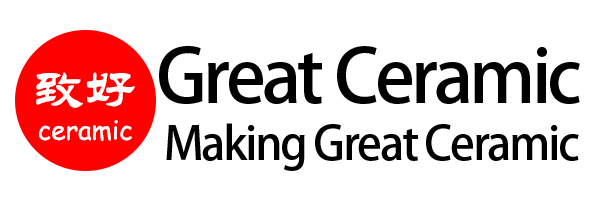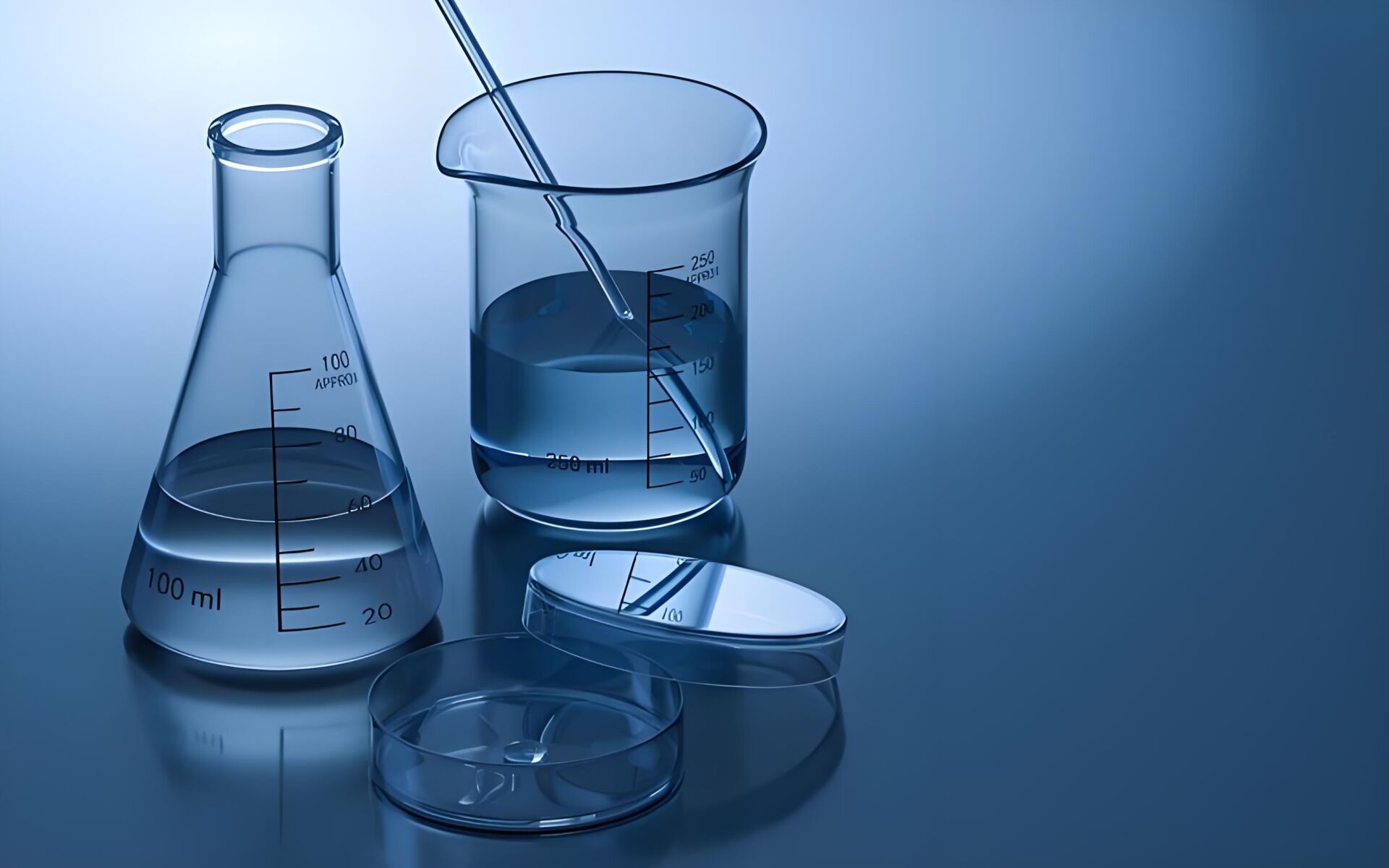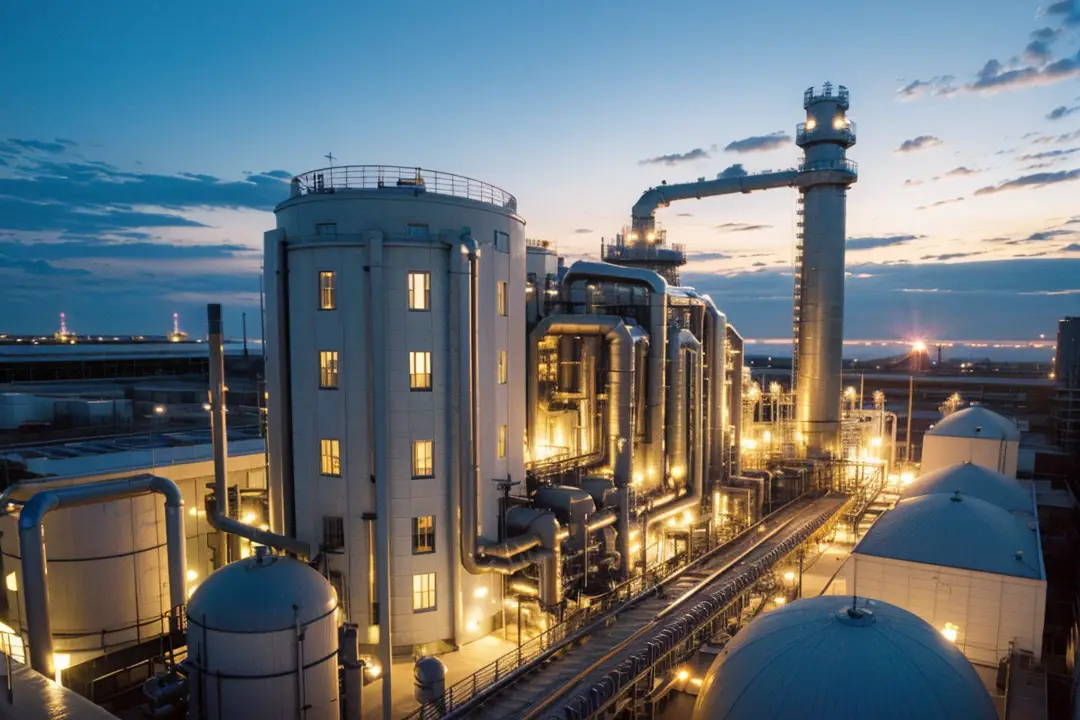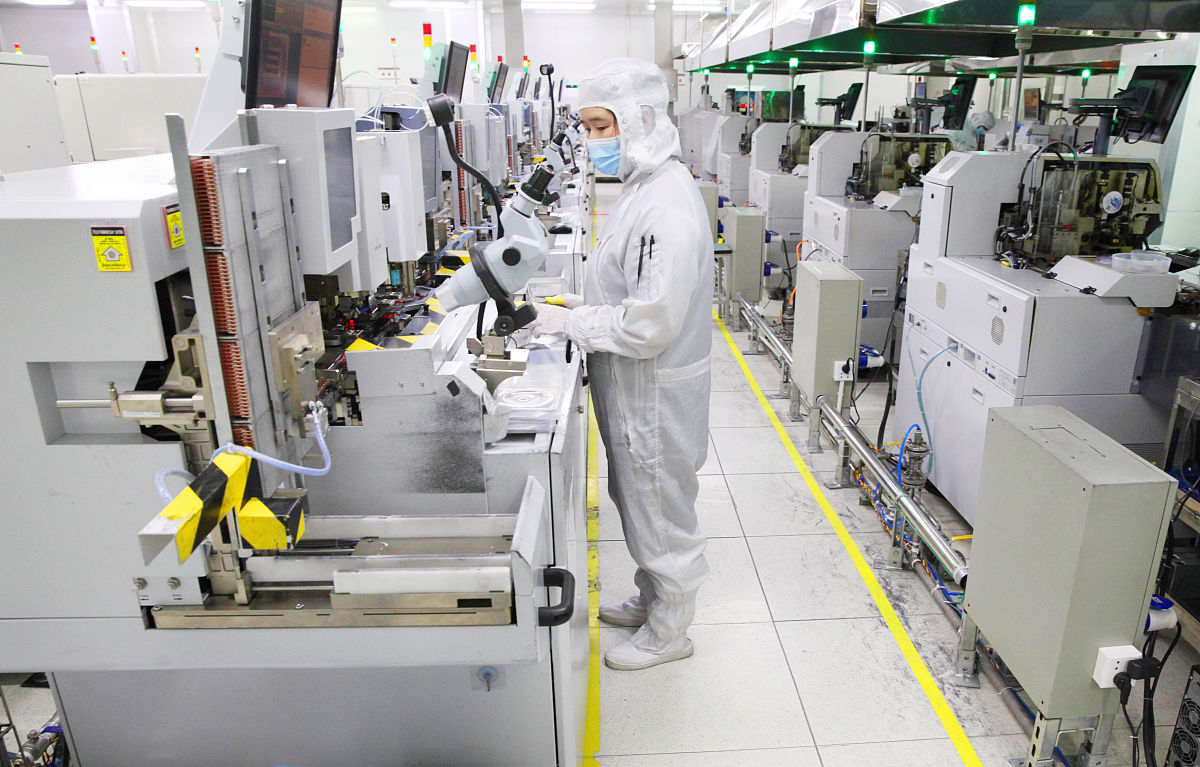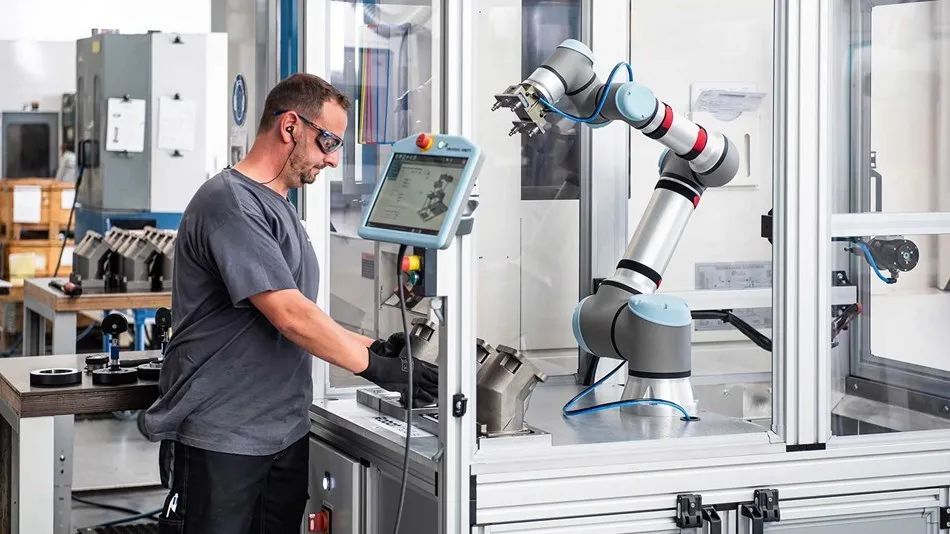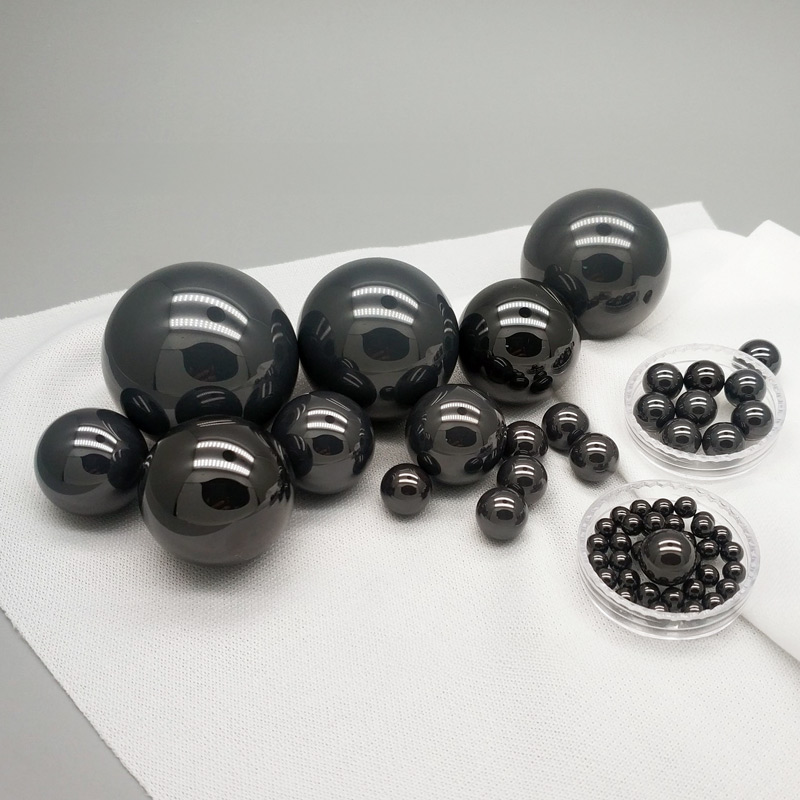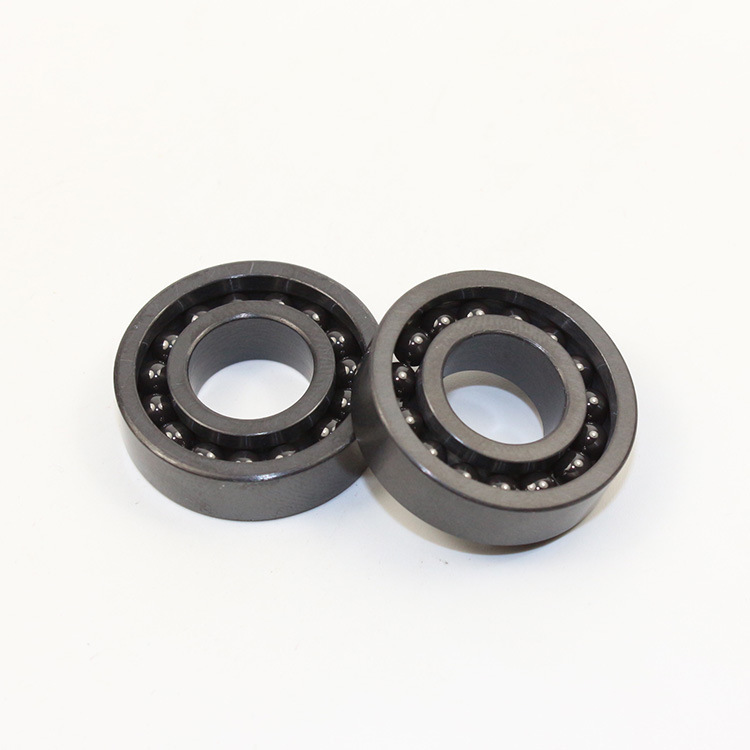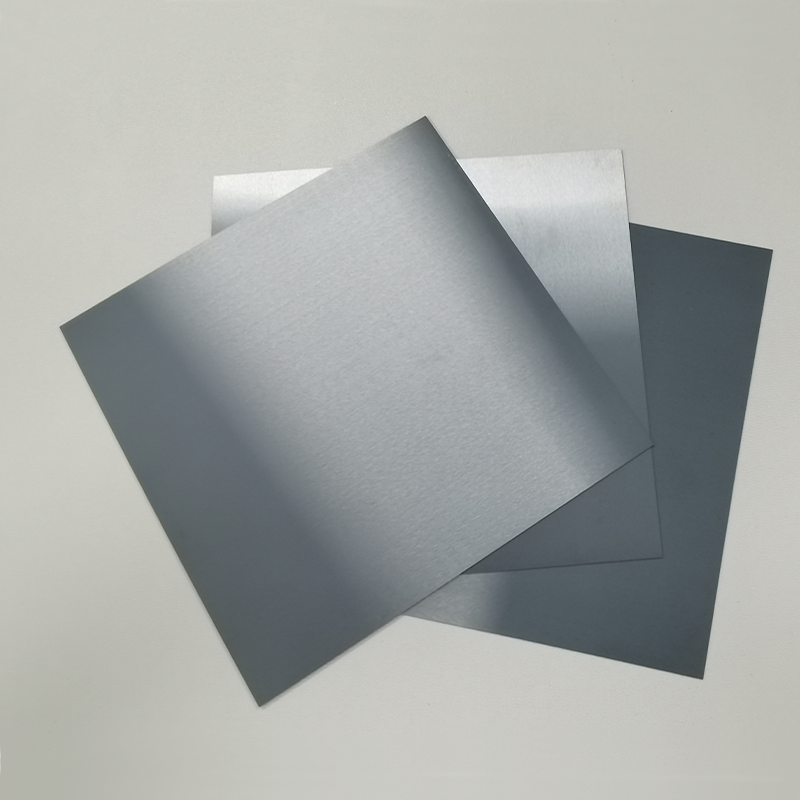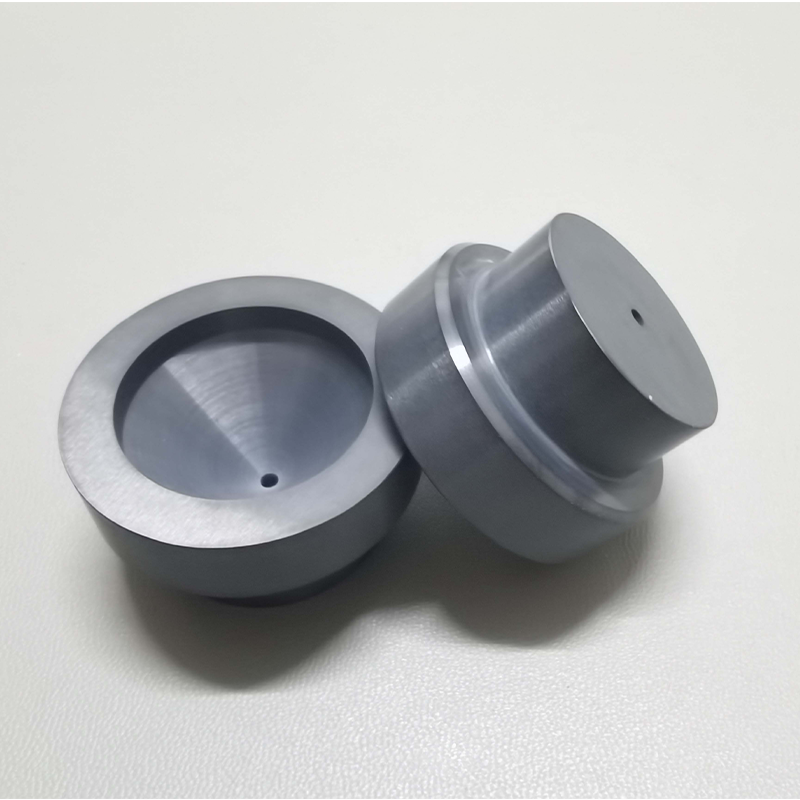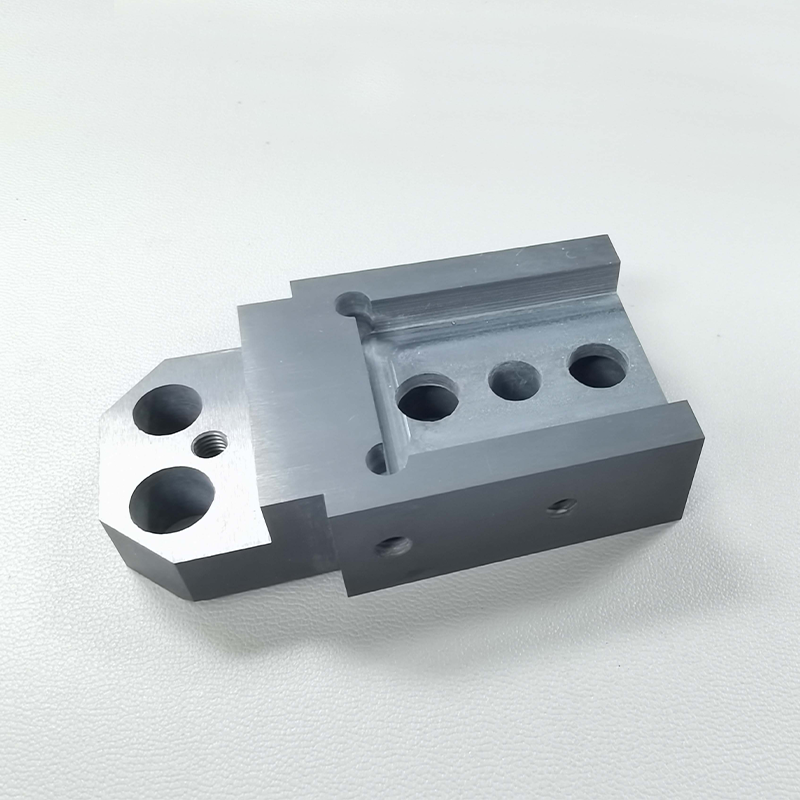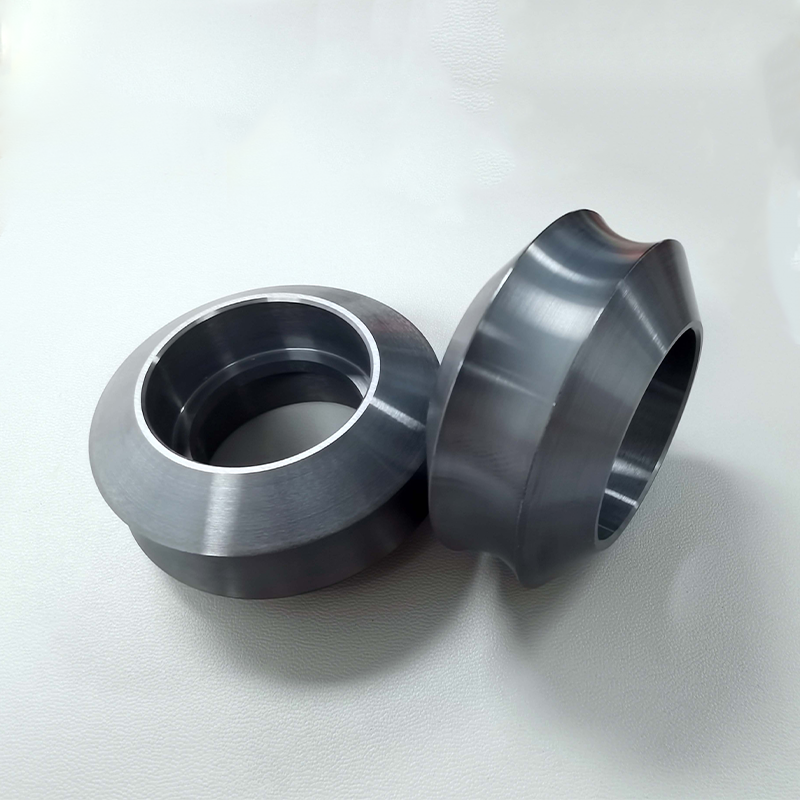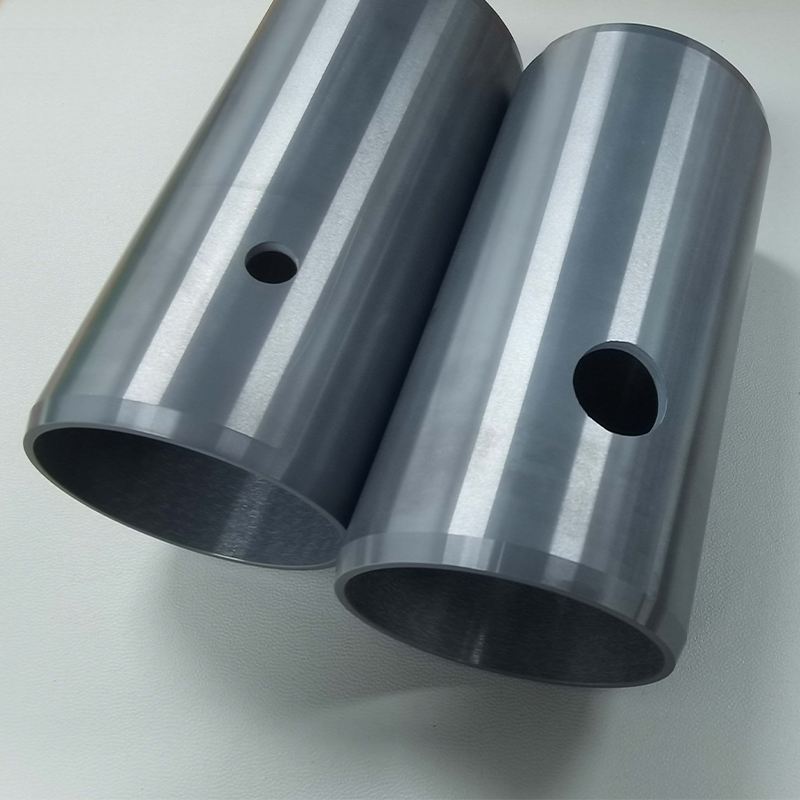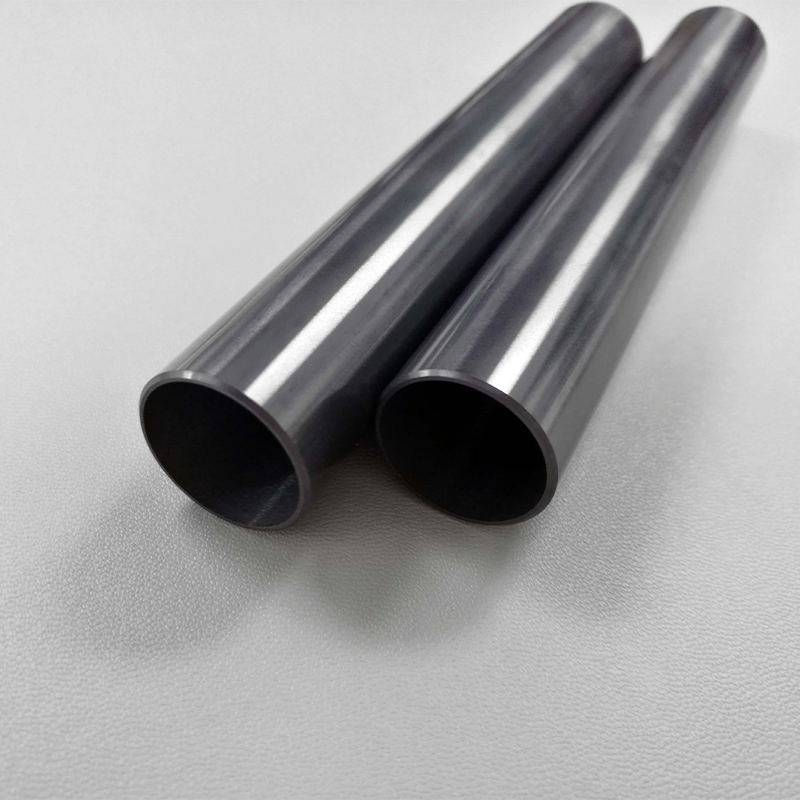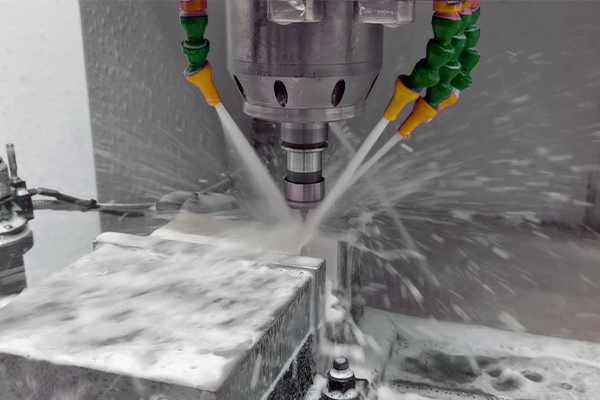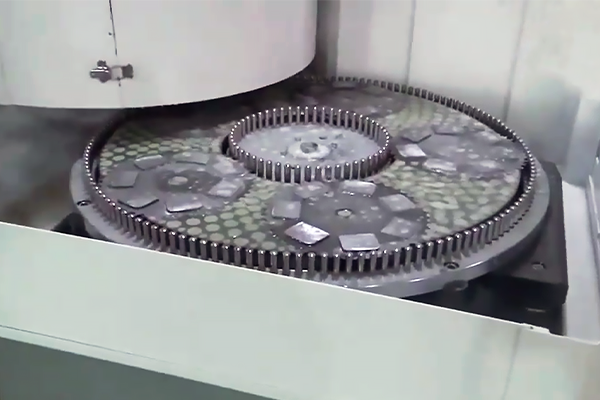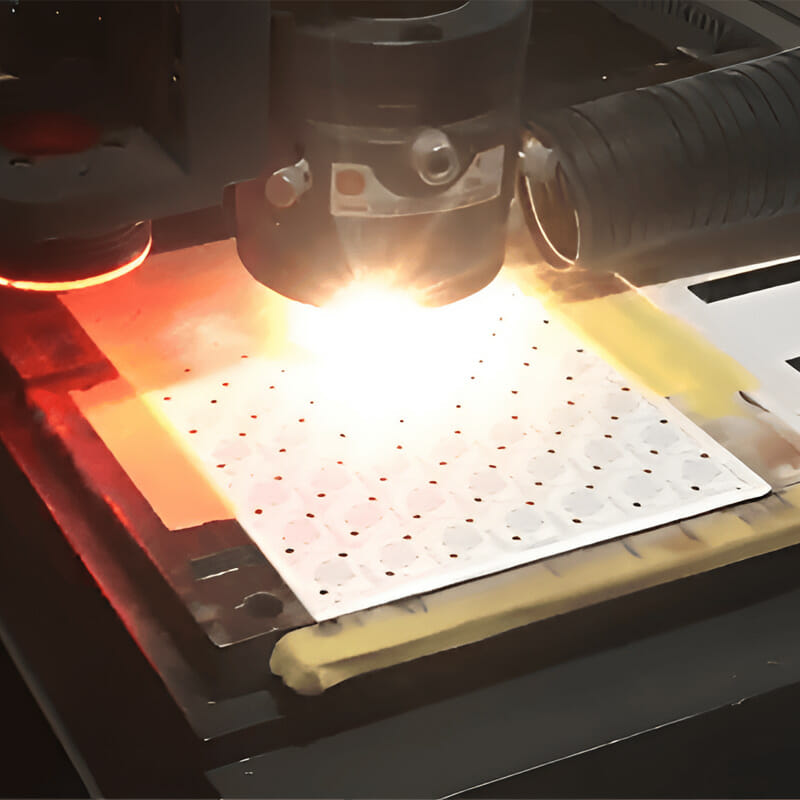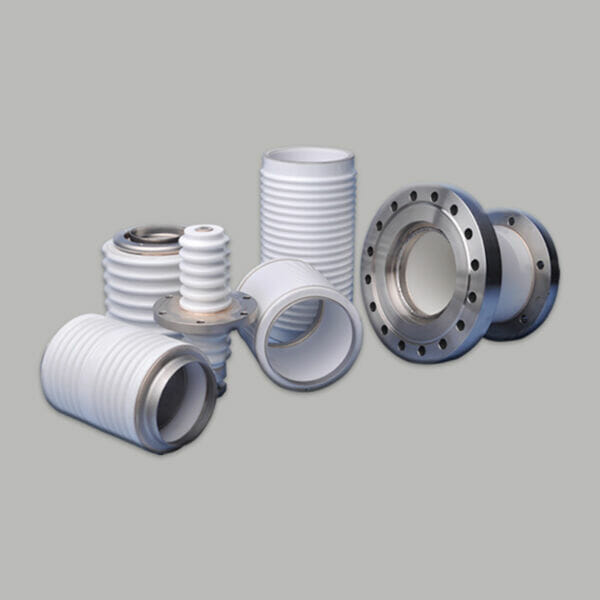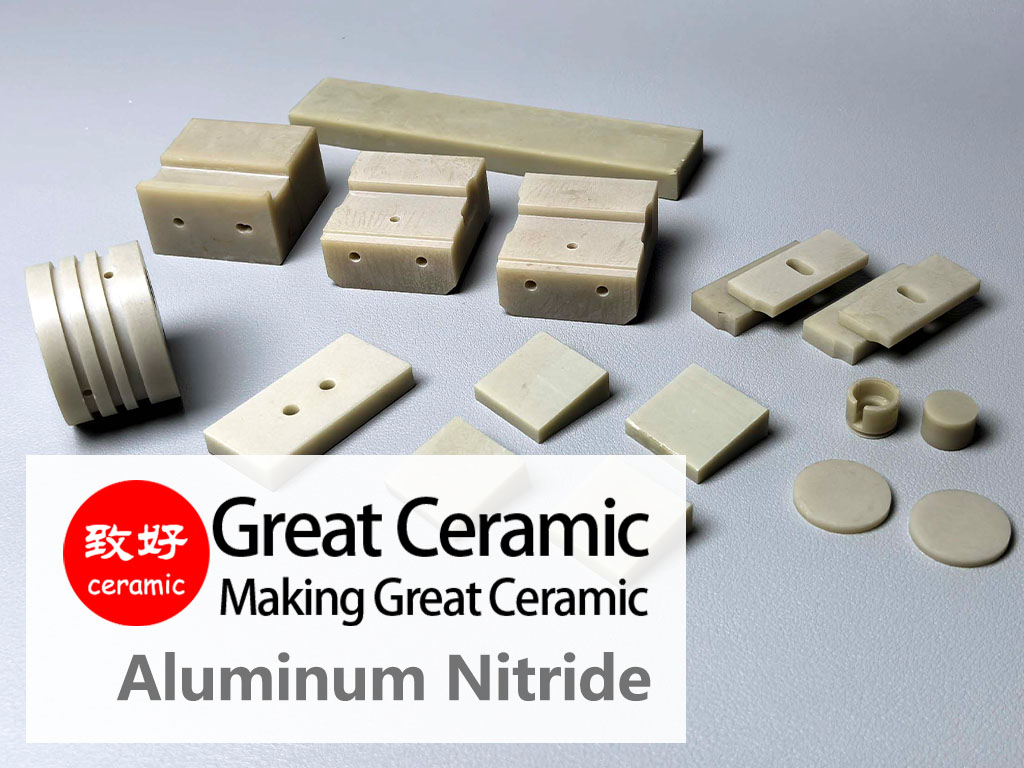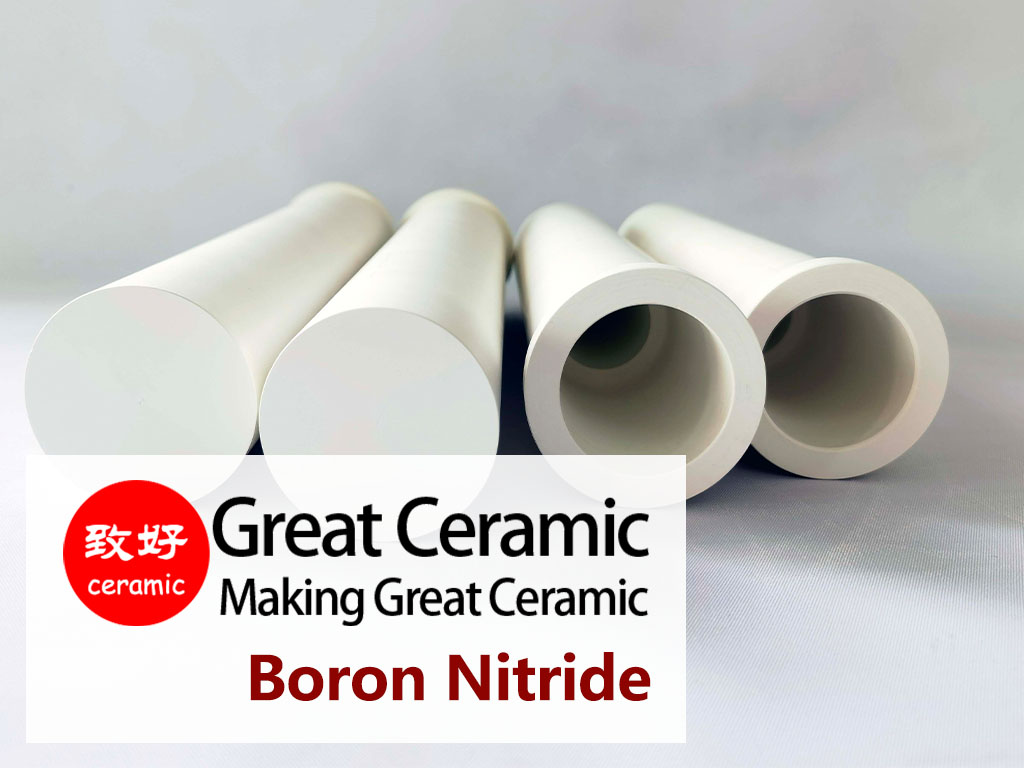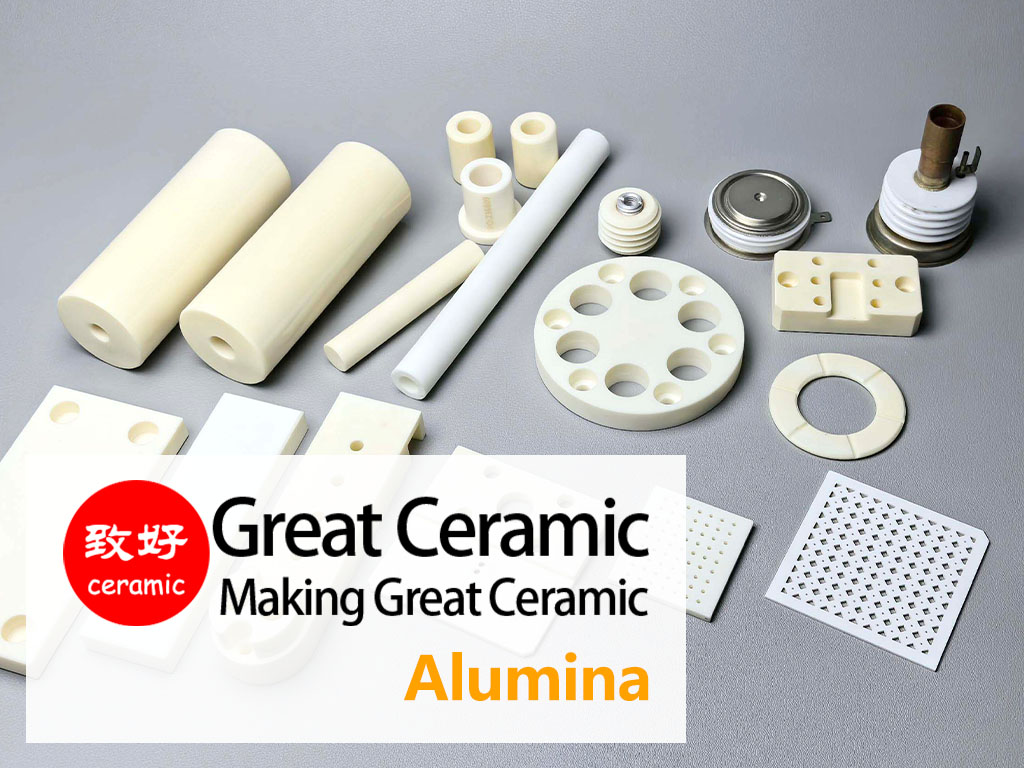Silicon nitride (Si₃N₄)
Silicon nitride (Si₃N₄) is an advanced engineering ceramic renowned for its exceptional combination of mechanical, thermal, and electrical properties. This silicon nitride material has become a critical solution in industries demanding high strength, wear resistance, thermal stability, and reliability under extreme conditions. Composed of silicon and nitrogen atoms forming a strong covalent bond structure, silicon nitride ceramic offers performance characteristics far superior to traditional metals and other ceramics, making it indispensable in aerospace, automotive, semiconductor, and medical applications.
Skip to
Advantages | Applications | Material Grades | Properties | Cases | Machining | FAQs | Related
Key Advantages of Silicon Nitride Material
Silicon nitride has a lower coefficient of thermal expansion than other technical ceramics, resulting in excellent thermal shock resistance. Its exceptional hardness exceeds the high-temperature resistance of most metals, and it also exhibits excellent oxidation resistance. This allows it to withstand the rigors of the most demanding high-temperature, high-load applications.
Industrial Applications of Silicon Nitride
Silicon nitride (Si₃N₄) ceramics are widely used across multiple industries thanks to their high strength, excellent wear resistance, outstanding thermal shock resistance, and reliable electrical insulation. Below is a summary of the key application fields:
Available Grades of Silicon Nitride
At Great Ceramic, china silicon nitride ceramics are offered in several grades to match different engineering needs:
Gas Pressure Sintered Silicon Nitride Ceramics (GPSN)
Great Ceramic's gas pressure sintered silicon nitride ceramics (GPSN) are high-performance silicon nitride materials produced under high-temperature nitrogen atmosphere and pressure. Compared to hot-pressed silicon nitride (HPSN), the gas pressure sintering process enables near-net-shape sintering and the production of large, complex-shaped parts while maintaining excellent mechanical and thermal properties, making it more widely applicable in industrial applications. Known for its balanced performance, affordable cost, and wide range of applications, GPSN is currently one of the most widely used types of silicon nitride ceramics.
Material Characteristics
Typical Applications
Great Ceramic boasts comprehensive silicon nitride ceramic processing capabilities, offering a wide range of standardized silicon nitride ceramic rods and plates. Great Ceramic also provides a full suite of custom processing services tailored to customer needs, from complex part molding to precision grinding and polishing. This ensures our products meet demanding industrial application requirements for strength, wear resistance, and reliability. These products are widely used in bearings, pistons, seals, engine components, and other high-performance structural parts.
Hot-pressed Silicon Nitride Ceramics (HPSN)
Hot-pressed silicon nitride (HPSN) ceramics offered by Great Ceramic are high-density structural ceramics produced through the simultaneous application of high temperature and uniaxial pressure. They are characterized by a dense microstructure, few defects, and properties approaching theoretical limits, resulting in the highest mechanical and thermal properties of all silicon nitride ceramics. Due to the complex preparation process and high cost, hot-pressed silicon nitride is primarily used in high-end and specialized applications.
Material Characteristics
Application Areas
Hot-pressed silicon nitride ceramics, with their exceptional mechanical and thermal properties, represent the "performance ceiling" of the silicon nitride system, making them suitable for critical core components under extremely demanding conditions. However, due to limited processing dimensions and high costs, they are primarily used in applications requiring the highest performance.
Key Properties of silicon nitride material
Great Ceramic offers a variety of silicon nitride material for customers to choose from. The following values are typical material properties and may vary depending on product configuration and manufacturing process. For more details, please feel free to contact us.
Mechanical Properties
| Properties | Unit | GPSN | HPSN | HTCSNS |
|---|---|---|---|---|
| Colour | —— | Gray or black | Gray or black | Gray or black |
| Density | g/cm³ | 3.2 | 3.3 | 3.25 |
| Hardness | GPa | 15 | 16 | 15 |
| Compressive Strength | MPa | 2500 | 3000 | 2500 |
| Flexural Strength | MPa | 700 | 900 | 600~800 |
| Fracture Toughness | MPa・m1/2 | 5~7 | 6~8 | 6~7 |
| Modulus of Elasticity | GPa | 300 | 300 | 300~320 |
| Poissons Ratio | —— | 0.25 | 0.28 | 0.25 |
Thermal Properties
| Properties | Unit | GPSN | HPSN | HTCSNS |
|---|---|---|---|---|
| Maximum Use Temperature | ℃(No load) | 1100 | 1300 | 1100 |
| Thermal Conductivity @ 25°C | W/(m・K) | 15~20 | 20~25 | 80~100 |
| Thermal Expansion a at 40–400°C | 1 x 10-6/°C | 3 | 3.1 | 3 |
| Specific Heat | J/(kg・K) | 660 | 650 | 680 |
| Thermal Shock Resistance | ℃(Put in water) | 550 | 800 | —— |
Electrical Properties
| Properties | Unit | GPSN | HPSN | HTCSNS |
|---|---|---|---|---|
| Dielectric Constant | 1MHz | 6~8 | 8 | 7.8 |
| Dielectric Strength(6.35mm) | ac-kV/mm | 15 | 17 | —— |
| Volume Resistivity @ 25°C | Ω・cm | >1014 | >1014 | >1014 |
| Volume Resistivity @ 500°C | Ω・cm | >1010 | >1010 | >1010 |
*At not too high temperature, Si3N4 has high strength and impact resistance, but it will be damaged with the increase of use time above 1200℃, reducing its strength, and it is more prone to fatigue damage above 1450℃, so Si3N4 The operating temperature generally does not exceed 1300 ℃.
Silicon nitride parts case
Silicon nitride ceramic (Si₃N₄) is valued for its exceptional mechanical strength, superior fracture toughness, low density, excellent thermal shock resistance, and outstanding wear performance, making it one of the most reliable materials for demanding engineering applications. Below are some of the most common and impactful use cases of silicon nitride ceramic parts across multiple industries:
Silicon Nitride Ceramic Machining
Silicon nitride (Si₃N₄) ceramics are among the hardest technical ceramics, requiring advanced machining techniques to achieve precise geometries. Great Ceramic offers industry-leading silicon nitride machining capabilities, delivering accuracy, durability, and consistency for mission-critical applications.
We use diamond grinding, multi-axis CNC machining, precision lapping, and ultra-fine polishing to achieve micron-level tolerances and exceptional surface finishes. Our capabilities support high-performance components, including silicon nitride ceramic rods, precision bearing balls, substrates, and turbine parts.
Additionally, we provide metallization, brazing, assembly services, and surface treatments, enabling seamless integration of silicon nitride material into advanced systems. As a leading China silicon nitride ceramics manufacturer, we combine cutting-edge technology and deep expertise to deliver high-quality, customized ceramic solutions for global markets.
